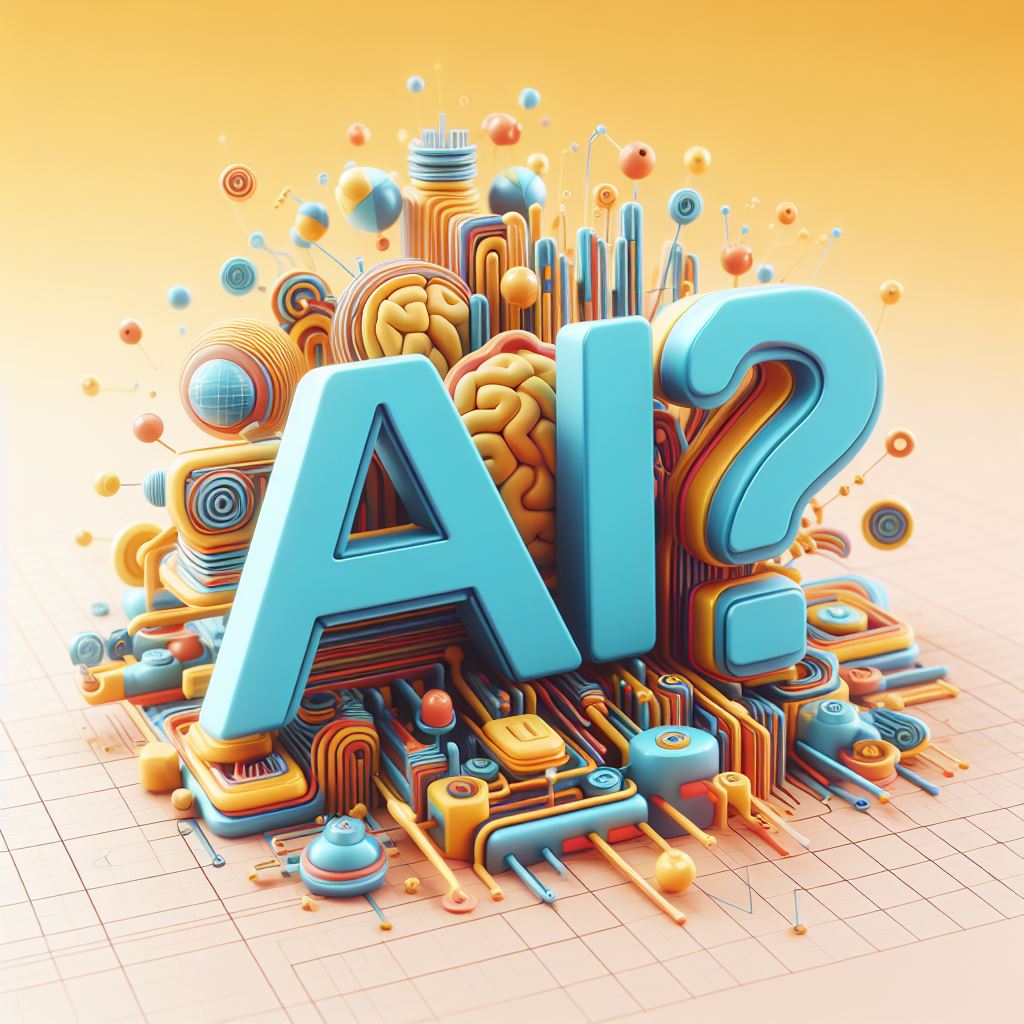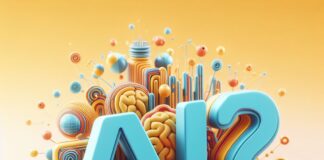Types of Artificial Intelligence
In today’s rapidly evolving technological landscape, AI is one of our time’s most transformative and impactful innovations. From powering virtual assistants to driving autonomous vehicles, AI has permeated almost every aspect of modern life, constantly evolving and evolving. In this article, we will examine the different types of AI, exploring their unique characteristics, applications, and implications for the future.
1The invention of AI

Before we dive into the types of AI, it’s important to acknowledge the pioneers who laid the groundwork for this groundbreaking technology. Often referred to as the “Father of AI”, Alan Turing, an English mathematician, logician, and cryptanalyst, is often referred to as the “Father of AI”. His work laid the foundation for modern AI research, particularly in the fields of machine learning and computational intelligence.
John McCarthy, an American computer scientist, coined the term “artificial intelligence” in 1956 and held the famous Dartmouth Conference, which marked the birth of AI as a field of study.
Table of Contents
2Types of AI
Artificial intelligence can be broadly divided into three main categories:
1. Narrow AI (Weak AI)
Narrow AI, also known as Weak AI, refers to AI systems designed and trained for a specific task or set of tasks within a limited domain. These systems specialize in performing predefined functions but cannot generalize beyond their programmed capabilities. Examples of narrow AI include virtual assistants such as Apple’s Siri, Amazon’s Alexa, and Google Assistant, which specialize in natural language processing and perform tasks such as setting reminders, answering questions, and controlling smart home devices. can. Read more…
2. General AI (Strong AI)
General AI, or Strong AI, represents the concept of AI systems capable of understanding, learning, and applying knowledge to a wide range of tasks similar to human intelligence. Unlike narrow AI, which is task-specific, general AI aims to emulate human cognitive abilities, including reasoning, problem-solving, and adaptation to new situations. Although significant progress has been made in AI research, achieving true general AI remains a formidable challenge, and the development of such systems is still largely theoretical. Read more…
3. Artificial Super Intelligence (ASI)
Artificial superintelligence refers to AI systems that surpass human intelligence in virtually every aspect. ASI represents the pinnacle of AI development, where machines are capable of far greater cognitive abilities than humans. These hypothetical systems have the potential to surpass humans in intellectual tasks in all domains, leading to radical advances and potentially unexpected results. Although ASI is a speculative concept, it raises profound ethical, social, and existential questions about the future relationship between humans and machines. Read more…
3Result
Artificial intelligence is a multi-faceted field that has vast potential to reshape the world we live in. By understanding the different types of AI and their applications, we can harness the power of this transformative technology to address its challenges and ethical implications.
With continued innovation and responsible stewardship, AI has the potential to open up new possibilities and drive positive change across industries, ultimately improving the quality of life for people around the world. For more insight into the world of AI, check out our article on What is AI?
As AI continues to evolve, it is important to prioritize responsible development and ensure that AI serves the collective interests of humanity.
Frequently Asked Questions
4How is AI made?
AI is built from a combination of algorithms, data, and computing power. Machine learning and deep learning are prominent methods to develop AI systems.
5How is AI used today?
AI technologies are used in various fields, transforming industries and increasing efficiency. Healthcare, finance, e-commerce, and customer service are just a few examples where AI is making a significant impact.
6Is AI good or bad?
The question depends on its applications. While AI has the potential to address challenges in healthcare, education, and environmental sustainability, concerns about job displacement, algorithmic biases, and ethical implications are valid.
7What is the future of AI?
Artificial intelligence (AI) stands on the threshold of a promising but challenging future, where its brilliance paves the way for unprecedented advances in fields such as healthcare, banking, and transportation, while AI poses ethical dilemmas and It also goes through the anxious circles of social uncertainty. As technology advances, AI will become more common, changing how we live.









